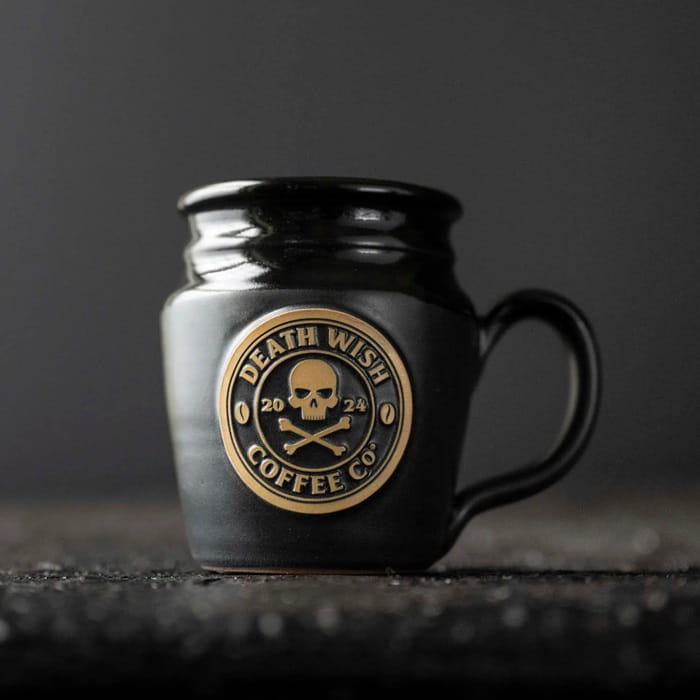Death Wish Coffee, self-proclaimed as the world’s strongest coffee, has made significant headlines in the specialty coffee industry. With its captivating brand promise of delivering an unparalleled caffeine kick, consumers and regulatory bodies alike have taken a keen interest in its safety and regulatory status.
This article delves into the specifics of Death Wish Coffee’s journey with the Food and Drug Administration (FDA) and its impacts on consumer safety.
The FDA’s Role in Coffee Regulation
The FDA is critical in ensuring the safety and efficacy of food products consumed in the United States. While the FDA does not specifically “approve” coffee, it does regulate many aspects of its production and distribution to protect public health. This includes monitoring for contaminants, misleading labeling, and potential health risks associated with consumable goods.
Death Wish Coffee’s Recall: A Proactive Measure for Safety
In 2017, Death Wish Coffee made headlines when it voluntarily recalled its Nitro Cold Brew cans. The recall was initiated due to concerns that the product could potentially lead to the growth and production of Clostridium botulinum, a bacterium that can cause botulism, a rare but serious illness. The recall was a precautionary measure, as no illnesses were reported.
The company’s proactive approach and the FDA’s guidelines underscored their commitment to customer safety. By taking swift action, Death Wish Coffee not only adhered to regulatory standards but also reinforced trust in their brand.
Addressing the Botulism Risk

The FDA’s alert about the potential for botulism in low-acid canned foods highlights the importance of proper manufacturing processes to prevent bacterial growth. Death Wish Coffee’s recall was specifically related to the risks associated with their Nitro Cold Brew’s canning process. The company cooperated with the FDA to address these concerns, leading to improvements in their production practices to ensure the safety of their products.
Continuous Monitoring and Compliance
Following the recall, Death Wish Coffee has remained vigilant in monitoring and enhancing their production processes. Compliance with FDA regulations is an ongoing process, requiring constant diligence to ensure that products meet safety standards. For Death Wish Coffee, this means rigorous testing and quality assurance measures are in place to safeguard their products against potential health risks.
The Importance of Consumer Awareness
The incident serves as a reminder of the importance of consumer awareness regarding food and beverage safety. It highlights the need for companies to be transparent about potential risks and for consumers to stay informed about the products they consume. Trusting brands that prioritize safety and compliance with regulatory bodies like the FDA can help mitigate health risks.
Conclusion
Death Wish Coffee’s encounter with the FDA over potential safety concerns underscores the critical interplay between regulatory compliance and brand integrity. By taking decisive action to recall a product and address safety concerns, the company demonstrated its responsibility toward consumer safety. As Death Wish Coffee continues to innovate and expand its product line, its commitment to adhering to FDA guidelines remains a cornerstone of its operations, ensuring that the world’s strongest coffee can be enjoyed safely by its consumers.
